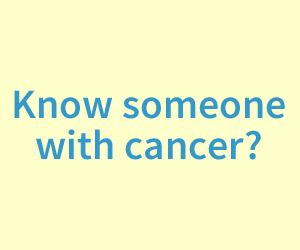Oral mucositis
Mucositis occurs when cancer treatments destroy rapidly dividing epithelial cells lining the gastro-intestinal (GI) tract. This is especially worse in the oral cavity, leaving mucosal tissue subject to ulceration and infection. Mucositis can happen anywhere along the digestive tract from the mouth to the anus. Mucositis can be further complicated by vomiting and nausea. Chemo and radiation affect the mucosal cell reproduction, leading to a slowed healing of the oral mucosa. This then leads to an increased chance of opportunistic mouth infection.
Oral Mucositis is probably the most common, debilitating complication of conventional cancer treatment - surgery, chemotherapy and radiation. It occurs in 20-40% of patients treated with chemotherapy alone and up to 50% of patients receiving combination radiation and chemotherapy, especially those with head and neck cancer. Chemo drugs such as doxorubicin, paclitaxel, capecitabine are commonly used in breast cancer and frequently associated with oral and GI mucositis.
Mucositis can be mild requiring little intervention. It can also be severe and result in fatal complications. Maintaining proper nutrition is crucial. Nausea, vomiting, dry mouth, cramps, diarrhea, bowel obstruction can all result in malabsorption, electrolyte imbalances, hypovolemia (decrease in blood volume), malnutrition. Cancer patients must try to avoid these at all cost.
This paper is pretty technical but very informative. It talks about running chemo at night because oral mucosa DNA synthesis decreases by 50% between midnight and 4am.
Here are some potential ways to reduce oral mucositis:
- http://www.medicalnewstoday.com/articles/120185.php
- http://cancerwife.com/content/l-glutamine-oral-mucositis
- http://cancerwife.com/content/honey-oral-mucositis



